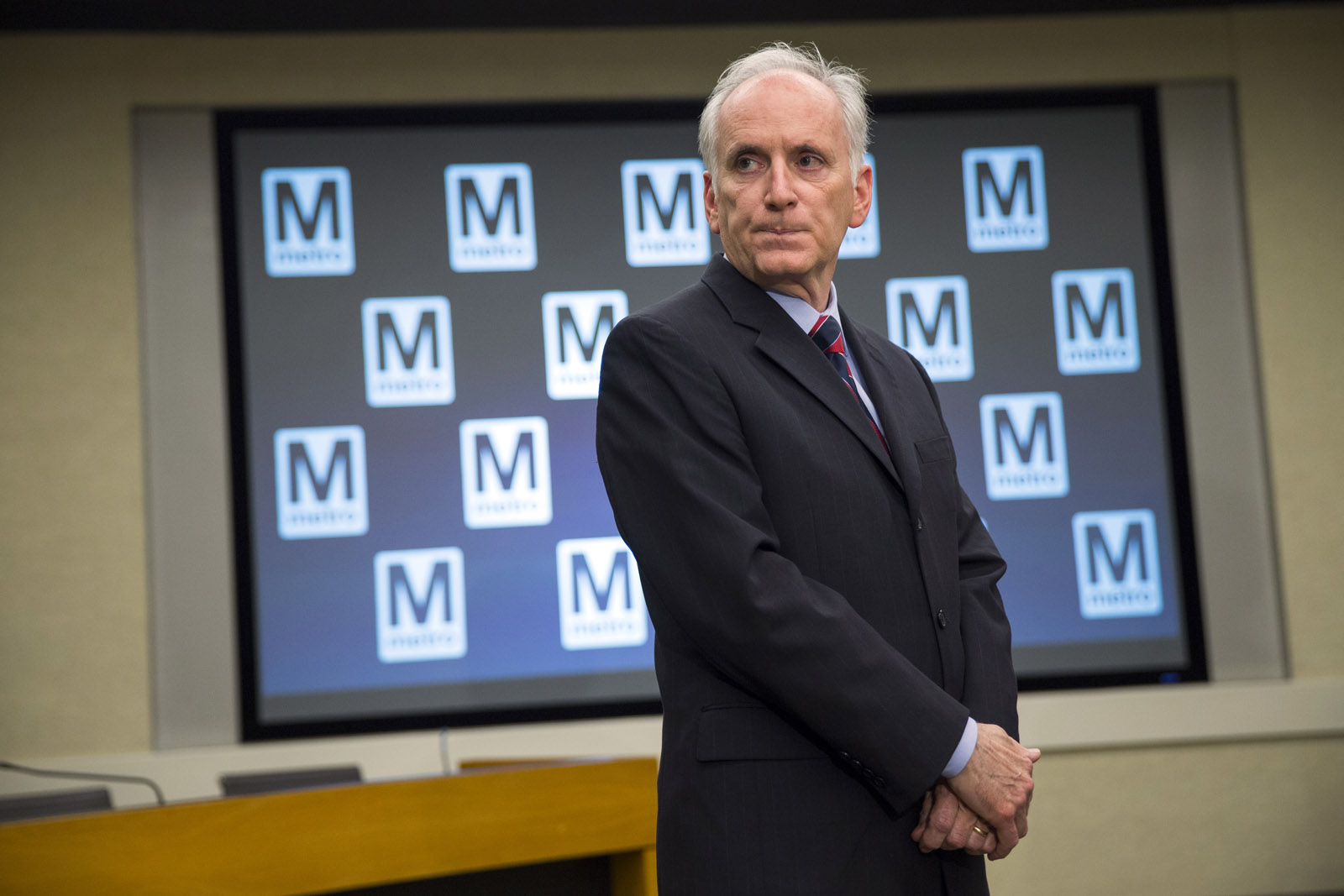WASHINGTON — Almost two-thirds of WTOP listeners don’t plan to change their commute at all when Metro’s 10 months of repairs begin this week, and the number is even higher among those who primarily drive to work, according to an informal WTOP poll.
About 300 listeners responded to the online poll on Thursday and Friday about their plans to cope with significantly reduced train service and similarly higher traffic volume on the region’s already congested roads.
The first repairs will require trains to use a single track between East Falls Church and Ballston beginning Saturday. But the delays are expected to ripple throughout the Metro system and place a higher demand on most other modes of transportation in the region. D.C. Muriel Bowser has said that the repair work will “affect every single commuter” and that commuters should make adjustments to their routine.
Despite the warnings, 80 percent of those who typically drive to work said they would make no change to their commute. But for those considering alternatives, working from home was the most popular option followed by taking a commuter bus or train.
Driving was the top alternative for those who typically take Metro, 38 percent of respondents. But 20 percent said they would telework. Starting their commute at a different line or station was popular choice for 15 percent of respondents.
More than half said they are worried about the months of Metro repairs that will reduce train service or eliminate service as tracks are closed for weeks at a time. Another 18 percent said they weren’t worried at all. Eleven percent said they are in panic mode. And about 9 percent said they hadn’t thought about the project or the ramifications on their trek to work.
The region survived the last two major commuter disruptions when Pope Francis visited D.C. last September and when Metro shut down for emergency repairs in March. Many commuters took a vacation day or worked from home during the pope’s visit and in March commuters tested out carpools and commuters buses.
Both events were planned, giving commuters at least some advanced warning to make adjustments, and lasted no more than a few days.
In comparison, Metro’s repairs will significantly reduce service through March 2017. The rail system is the backbone of the region’s transportation network and typically carries more than 700,000 riders per day.







